
1. Cost
Refinancing a home might be saving you on your monthly mortgage payment but you should check to make sure that you’re still saving money after any associated refinancing costs and fees. Some people just have the refinancing costs added to the principal balance and others pay it in cash.
Also, take into consideration how much longer you have on your existing home loan. How long do you plan on being in the home? How much interest do you need to save for it to make good financial sense to refinance? You can find a refinance calculator online to give you a ballpark savings estimate and a potential monthly payment.
2. Equity
Before even considering refinancing your home you should know how much equity you have in your home. Check to see if it would make sense for you to do a cash-out refinance as opposed to a non cash-out refinance. There are pros and cons to each, and every situation is different.
3. Credit Report
Before refinancing your home, make sure you check your credit report and report any and all inaccuracies. Due to the fact it might take a few weeks for inaccuracies to be corrected, make sure to have enough time between going over your credit report and applying to refinance your home.
You want your credit score to be an accurate reflection in order to get the best possible rates. In 2017, the average U.S. mortgage borrower had a credit score of 754.
4. Appraisal
Prepare your property for an appraisal. A thorough appraiser checks everything from sink faucets to signs of foundation issues. Make sure everything is in working order before the appraisal.
Refinancing your home is an important decision that could potentially save you a good amount of money. Many home loans go through refinancing at some point. Keep an eye on the interest rates and don’t hesitate to reach out and ask any questions regarding refinancing your home.



